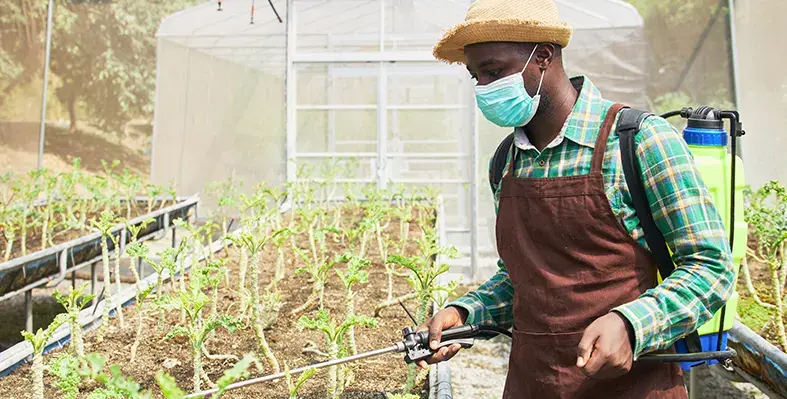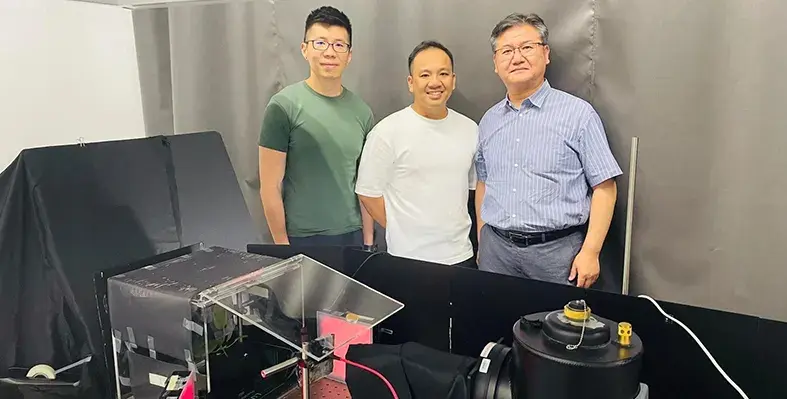Blue Earth Capital has announced a US$30mn private credit commitment of its investment vehicles to Valency International
Based in Singapore, Valency is a global trader, processor, and exporter of agricultural commodities with a specialty in edible nuts (particularly cashew & sesame) and agricultural inputs (agrochemicals & fertilizers). The company operates large-scale commodity processing facilities across four countries in Africa and Asia.
The investment marks BlueEarth’s fourth impact-linked facility (ILF), which are designed to encourage borrowers to align with pre-defined impact goals.
The additional funding will provide Valency with working capital to buy agricultural commodities from the company’s network of smallholder farmers and local traders across Africa.
Amy Wang, Head of Private Credit at BlueEarth, said, “By providing this impact-linked facility to Valency, BlueEarth is excited to not just support a market leading business but also empower thousands of smallholder farmers and support critical local processing capacity while reducing the carbon footprint of cashew nuts. Valency’s approach to bridging agricultural value chains between Africa and Asia demonstrates exactly the kind of measurable, scalable impact our capital is designed to accelerate.”
Sumit Jain, Chief Executive Officer of Valency, comments: “We are excited to partner with Blue Earth Capital on this $30 million sustainability-linked financing, which strengthens our commitment to supporting smallholder farmers and driving local value addition in Africa. This investment will help us enhance our sourcing network, reduce environmental impacts, and contribute to the sustainable development of agriculture in the region, all while aligning with our mission to create lasting social and environmental impact.”








